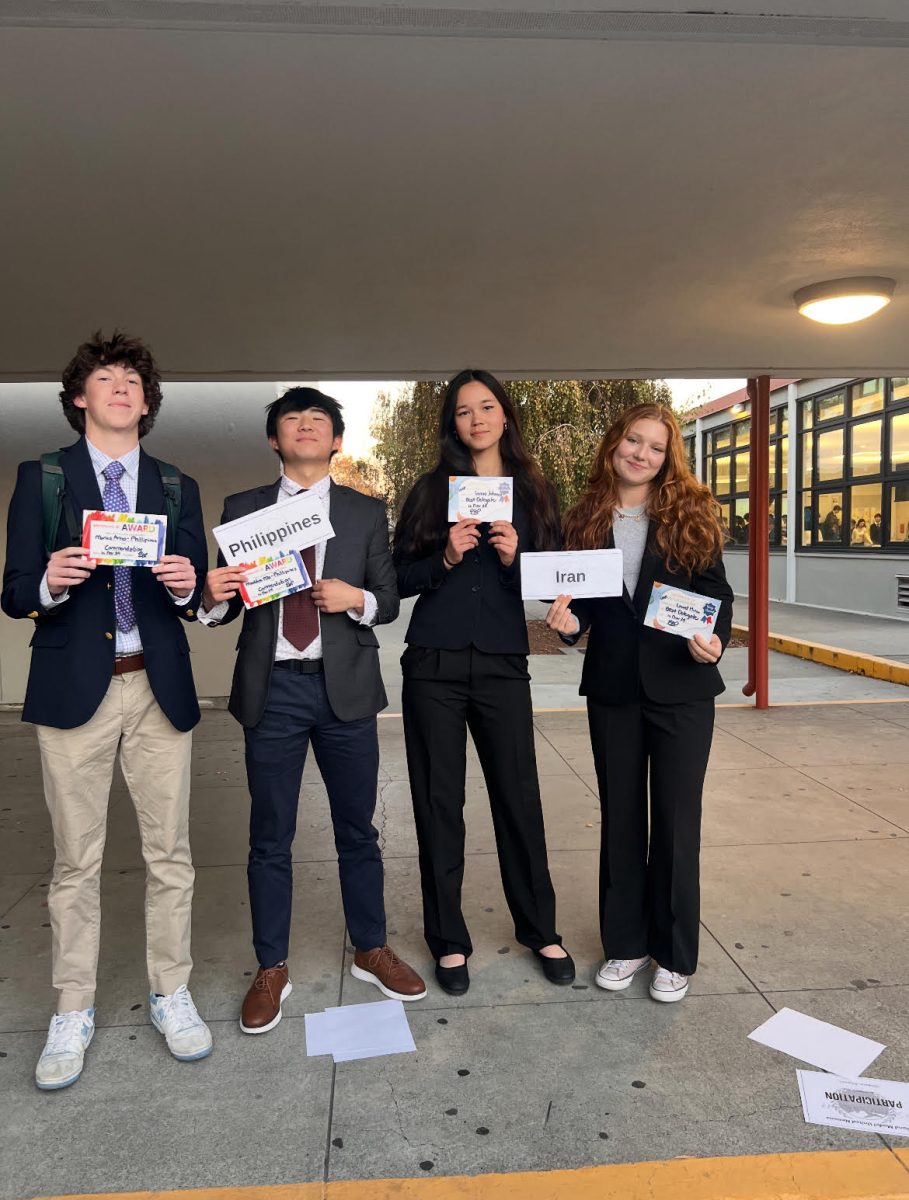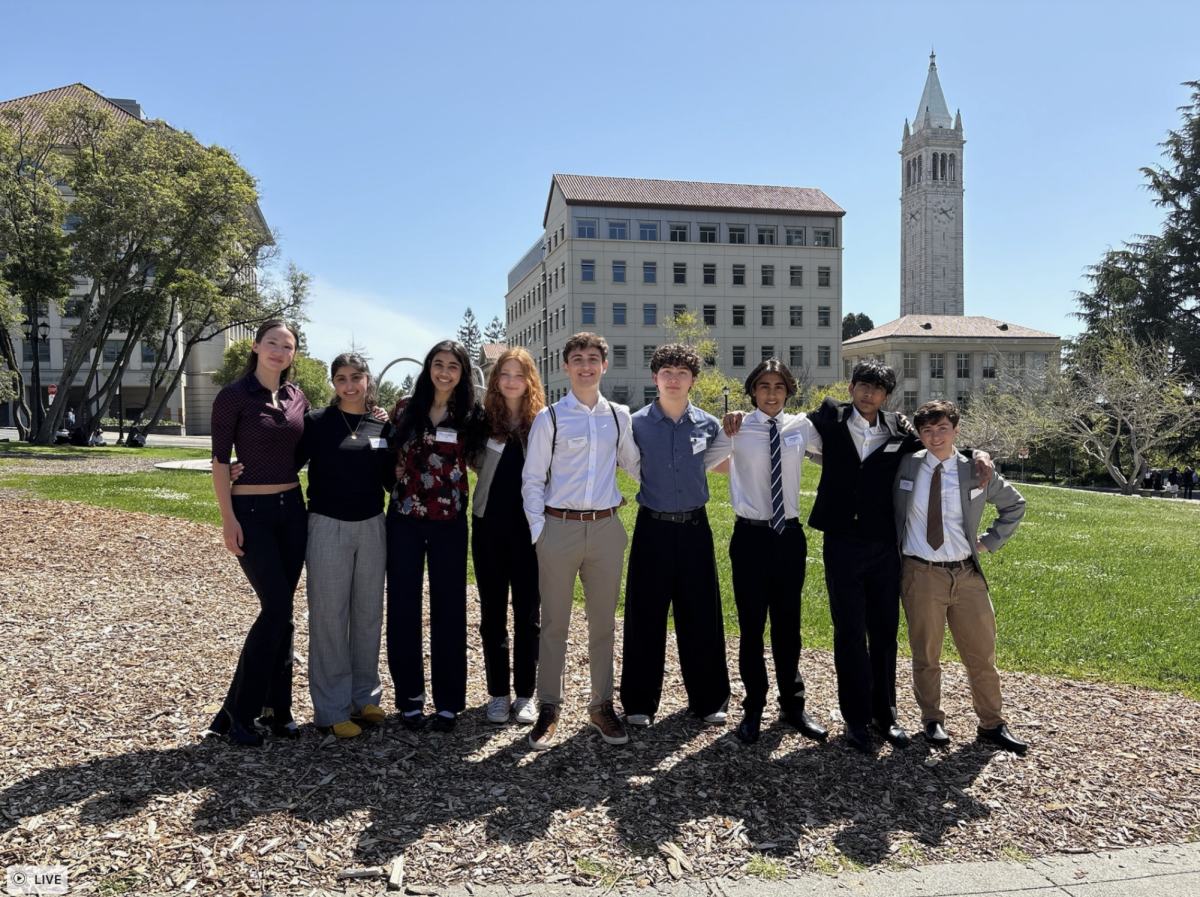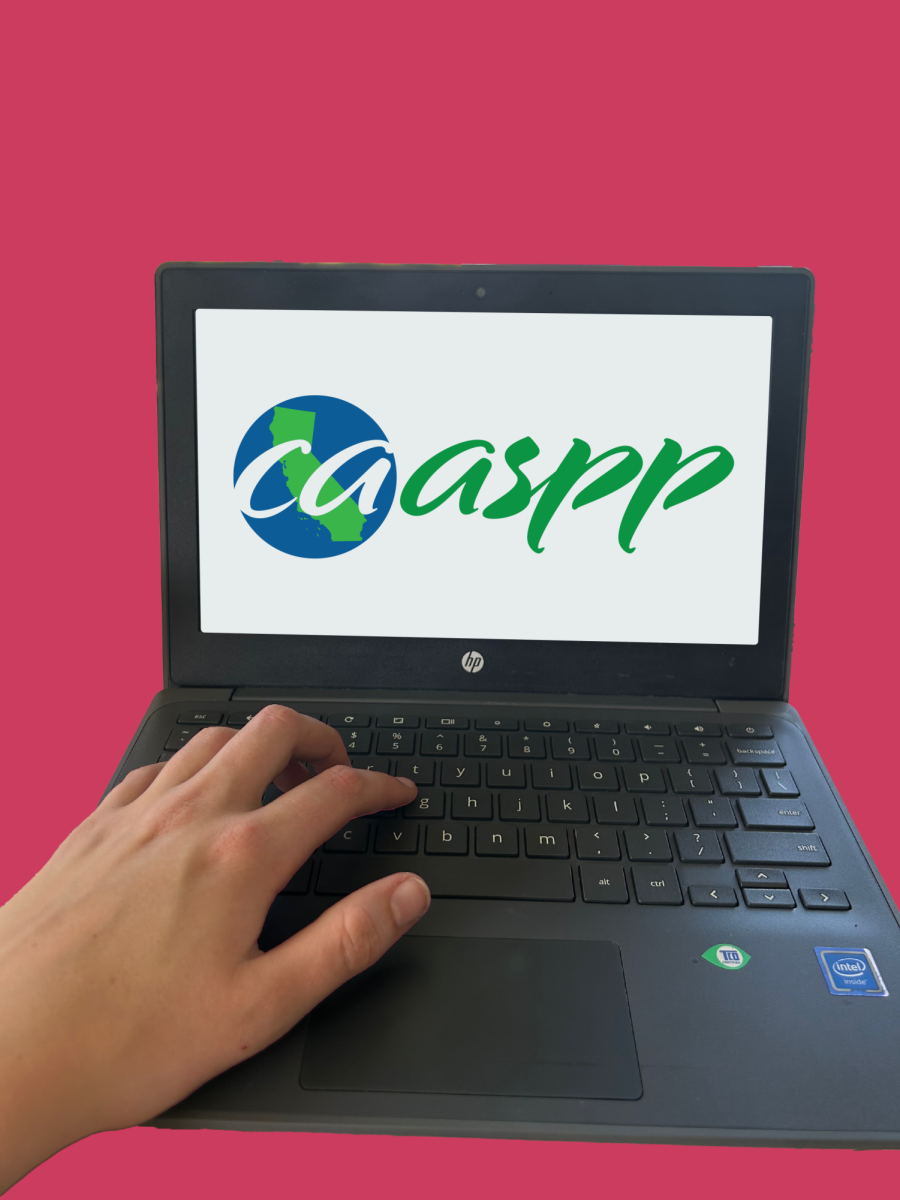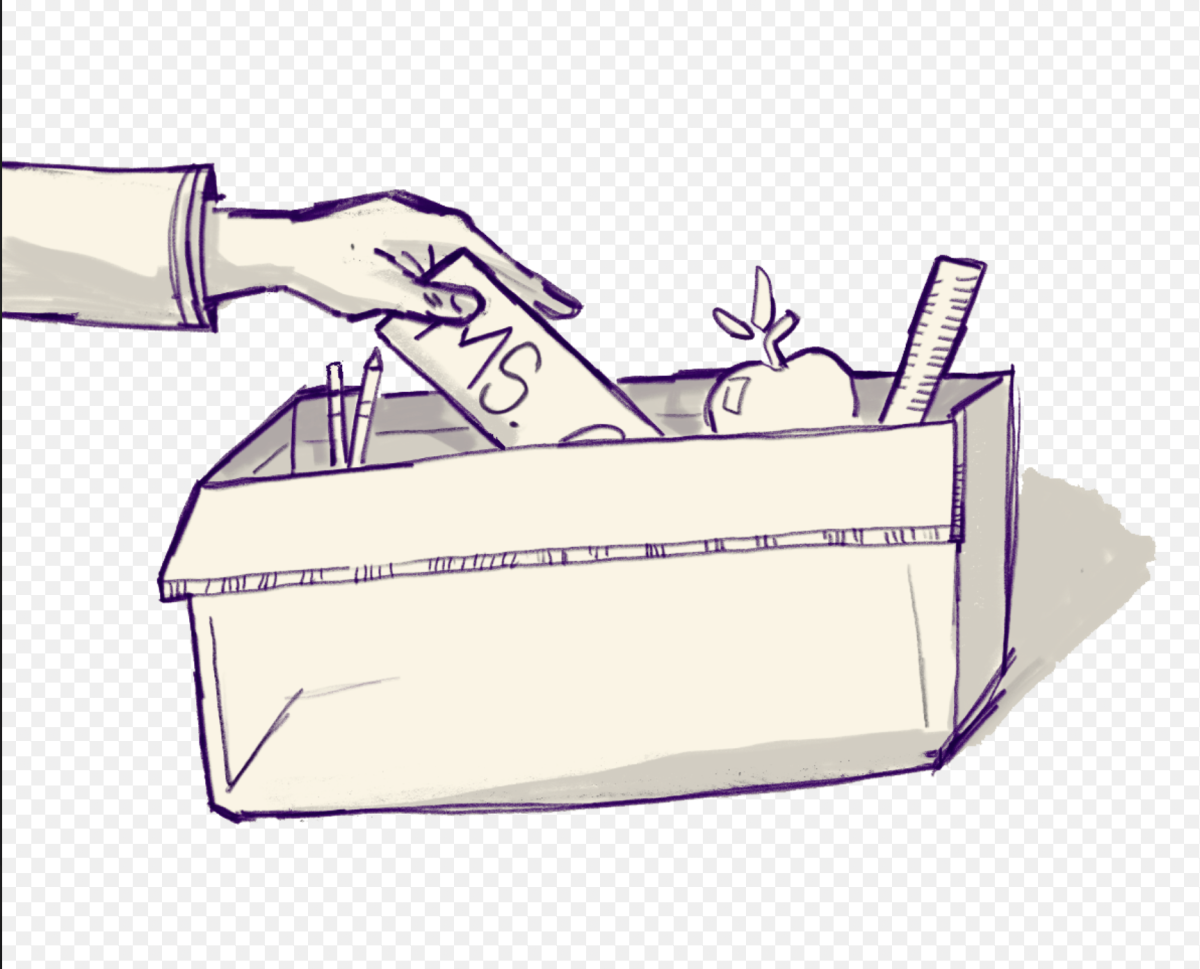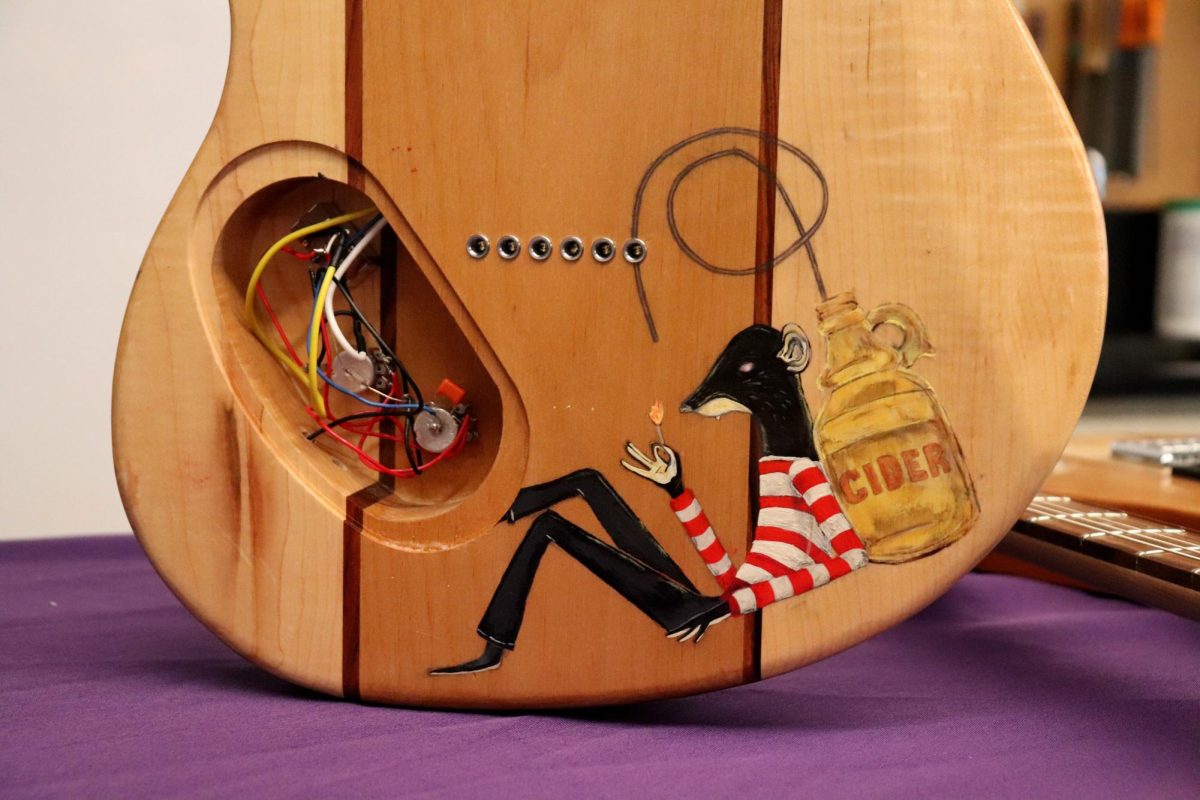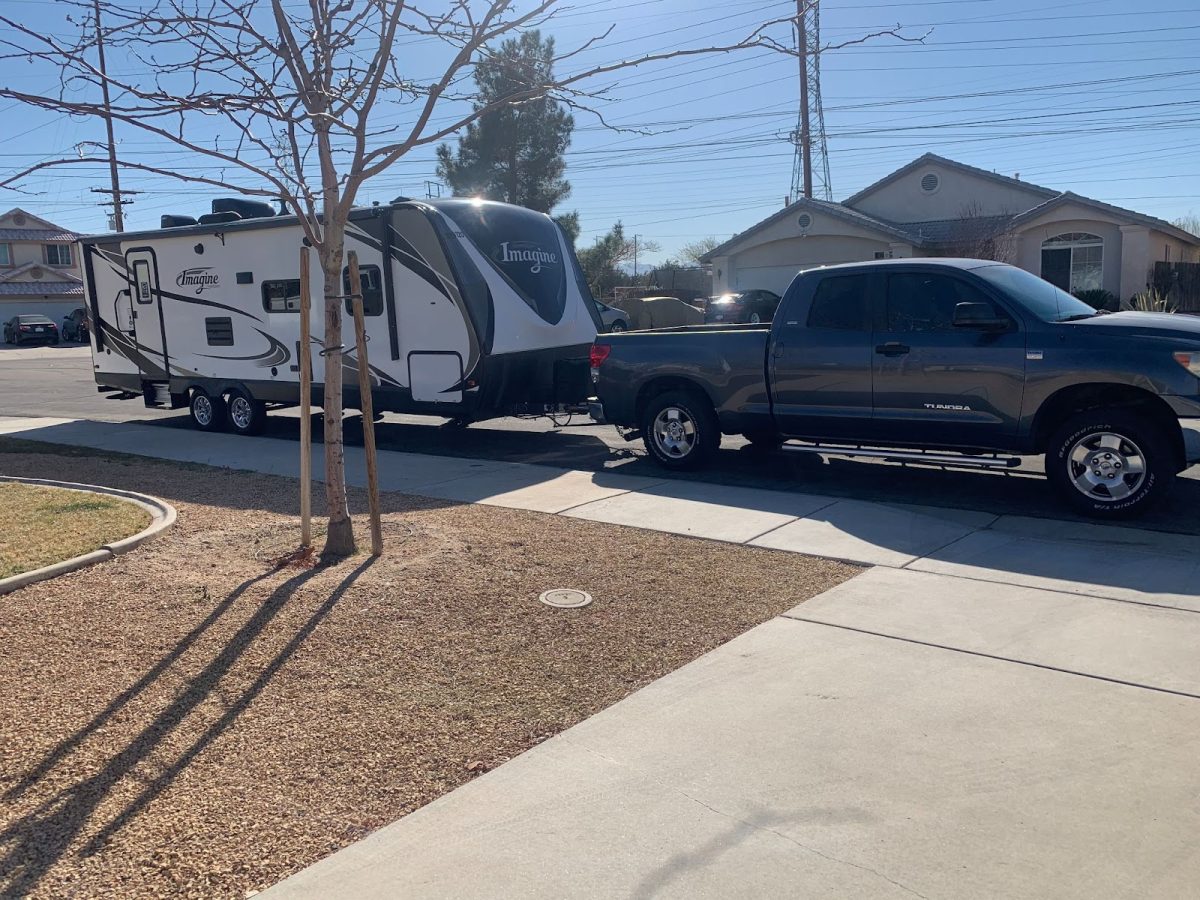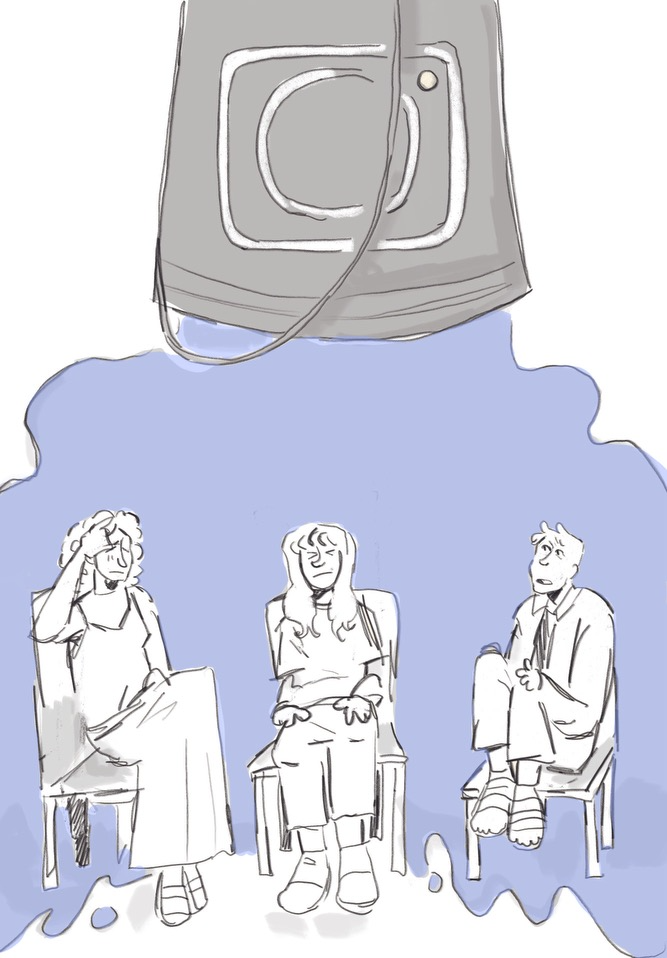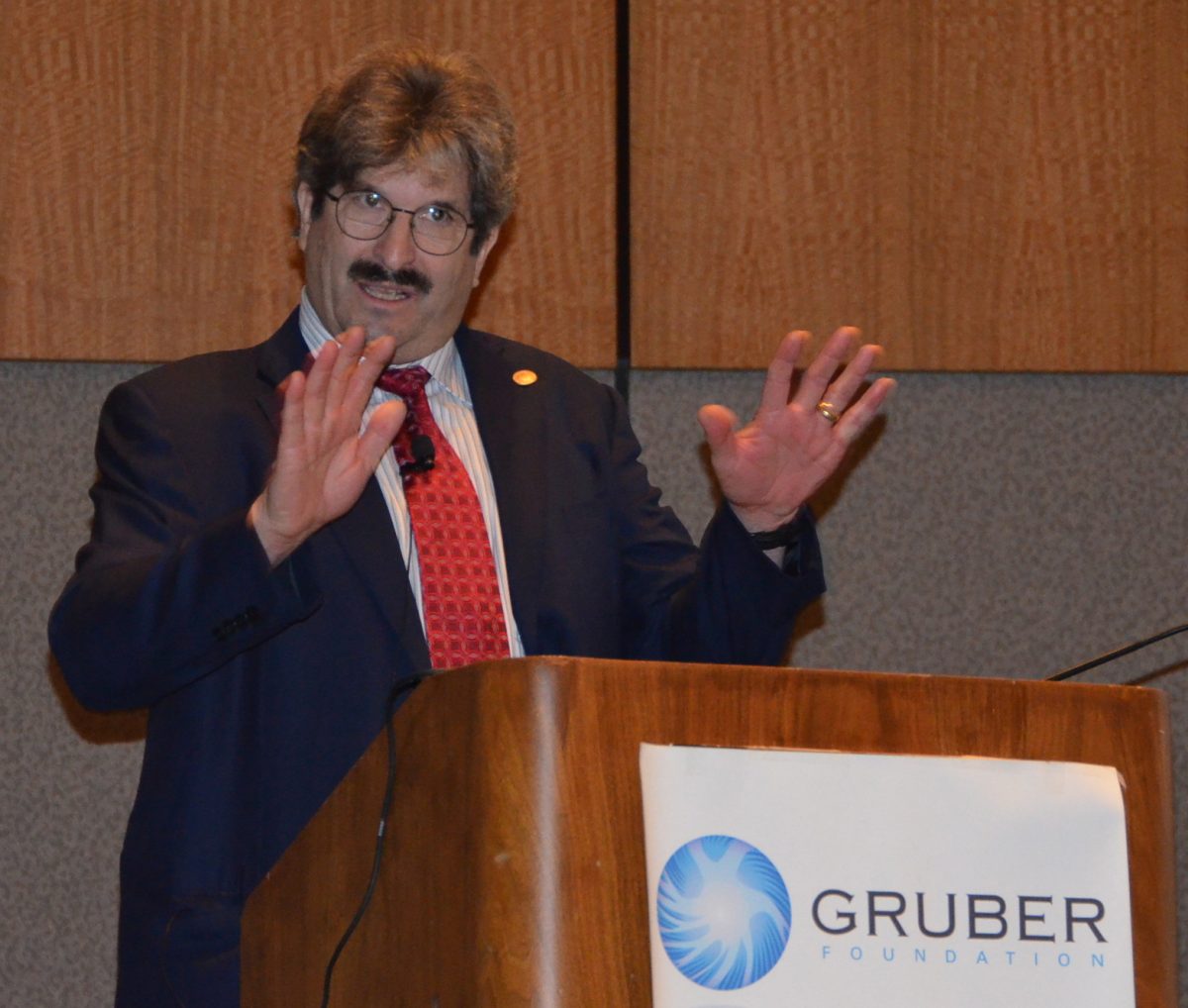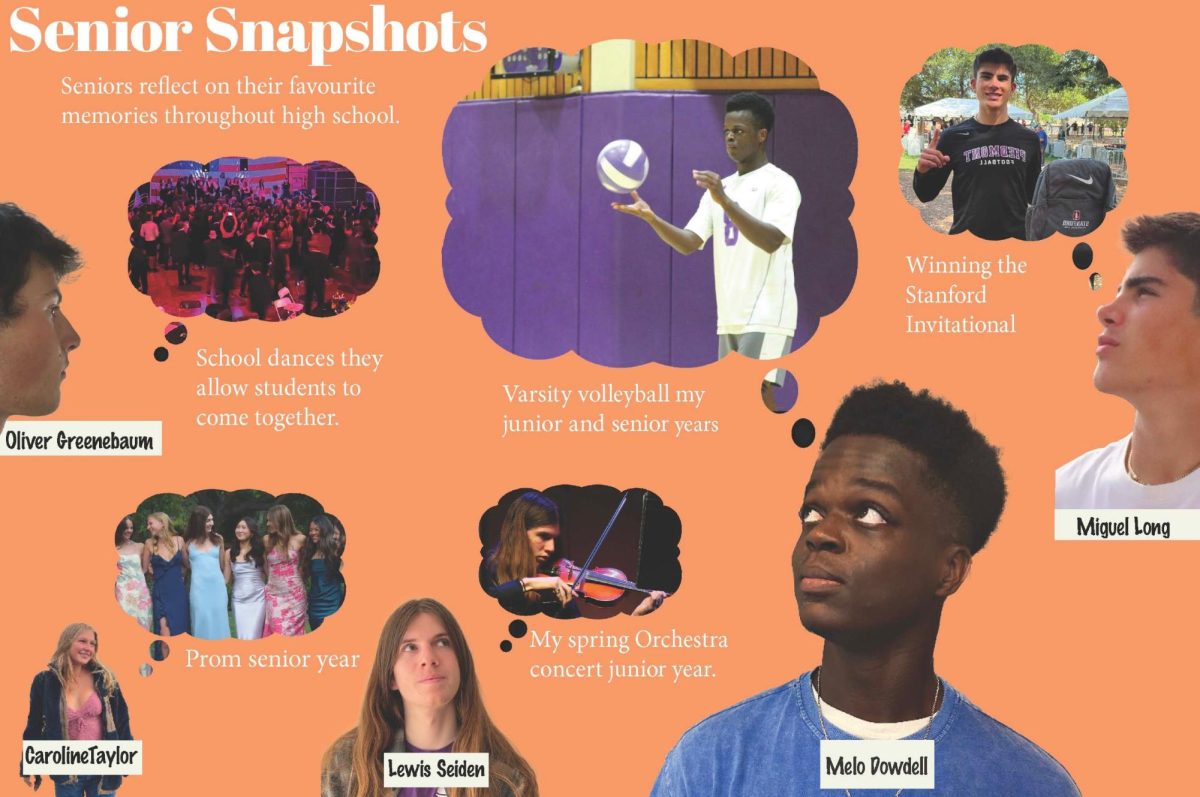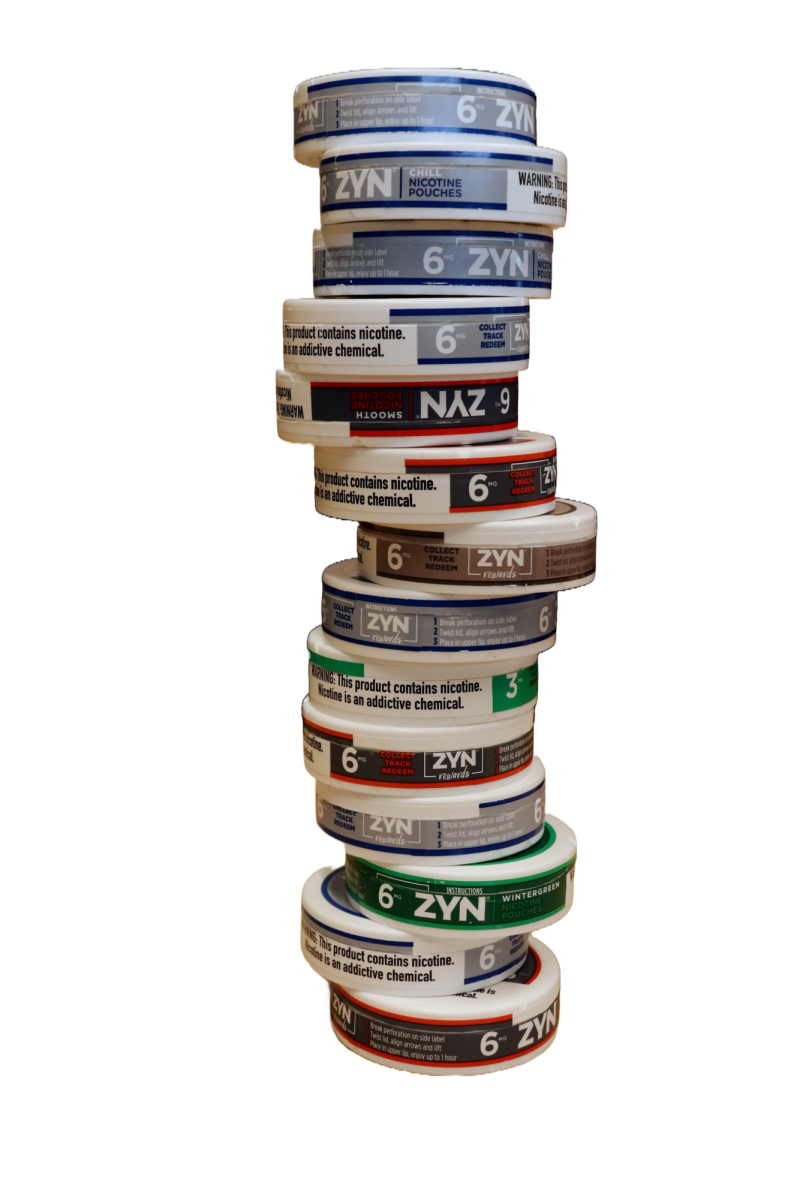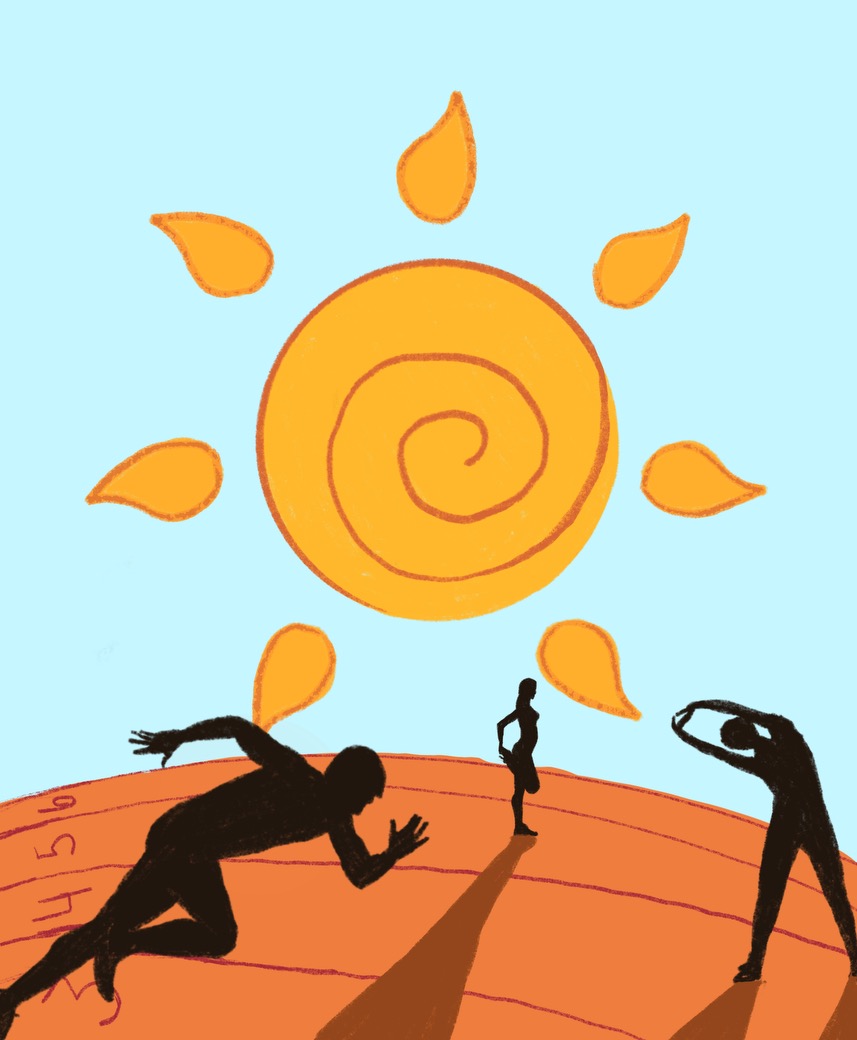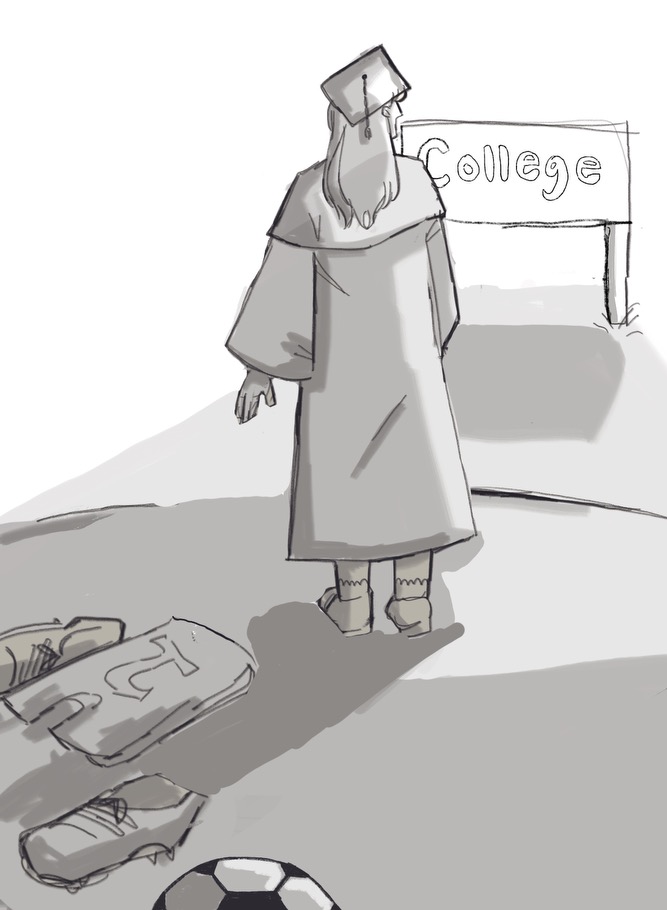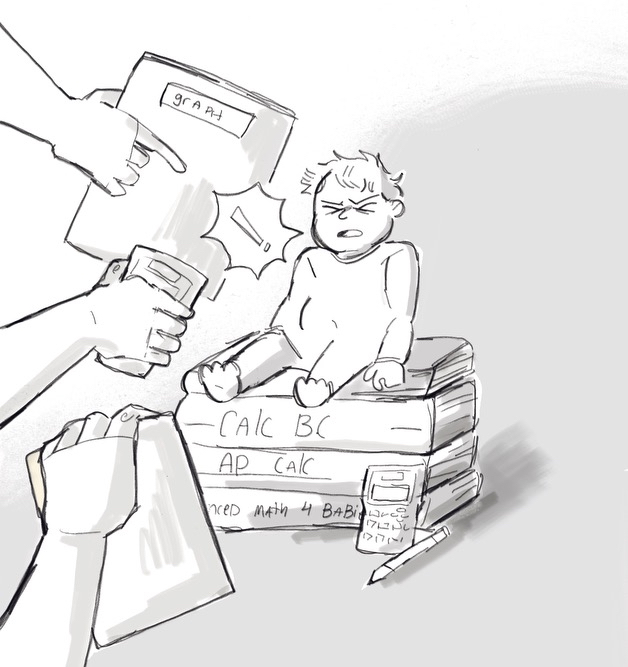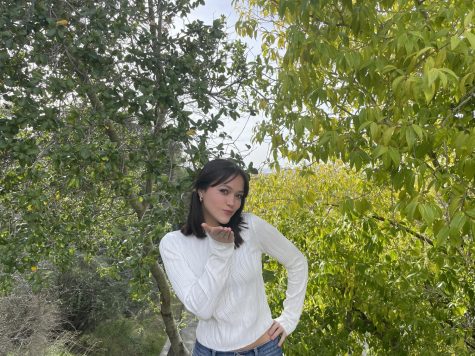Affinity Mentorship Earns Status as Eighth Period Class
Photo courtesy of Jean Takazawa
Affinity mentorship students in class.
Sep 13, 2022
Sighs of relief filled the room as the battle for representation was finally won. After two years of only having club status, the Mentorship Affinity Program finally were successful in their effort to become officially recognized as a course offered at PUSD.
Jean Takazawa, the course’s teacher, said the program has been expanding ever since it started.
“[Affinity Mentorship] started as a program specifically at Havens Elementary, which is where I worked. Within the first year, we expanded to the other elementary schools because parents started hearing about us.” Takazawa said.
The class currently has 38 members and meets weekly after school on Wednesdays. Although it is not held during school hours, the class is listed as an “eighth period” and all PHS students can register.
“This is not after school. This is a period and we have a start and end time. There are assignments they are getting credit for. It’s a five-credit class per semester. And it’s the exact same hours as any other elective: three and a half hours per week of class time,” Takazawa said.
Because the class is held outside of school hours, students only meet in person once weekly. The rest of the class is instructed through a flipped-content model in which students supplement their hands-on work in class with independent study of lectures.
“I record lessons on screencasts and they will watch them on their own time and respond to it in Schoology. We’re still expecting them to give the same number of hours that they would for any other elective,” Takazawa said.
The class does not have assessments, but students receive official pass or fail grades and elective credit on their transcripts.
Registrar Ellen Fraser said the course is offered through PUSD, not PHS, and therefore is not offered during PHS school hours.
Takazawa said that she wanted the program to be more institutionalized within the school district and be able to continue without her.
“We’ve always had committed mentors but I think for the longevity of something like this, you really want to have structure built into the school system,” Takazawa said.
This is senior Tara Kothari’s fourth year in the program. She is a lead officer and head mentor.
“We’ve been running it for a few years already, but since it wasn’t a class, we didn’t have very much of a presence. There wasn’t much awareness that we were even doing the mentorship in the first place,” Kothari said.
Takazawa said she gets a lot more time with her mentors now that the class has started.
“I get to offer them guidance. I get to support them. I get to help them develop lesson plans. It’s much more structured,” she said.
In addition to class meetings, mentors in the program use time outside of class to converse with younger mentees. With more time to teach mentors, Takazawa said she plans on providing more guidance for these conversations than in the past.
“It’s not just the mentors teaching them or giving them information. They do a lot of restorative justice modeling of how to have conversations so everybody gets to respond to everybody’s voices,” Takazawa said.
She said the mentors have one consistent group of mentees for the year. The mentees range from kindergarten through eighth grade.
“Every mentor has a mentor group where we have conversations about race, diversity, inclusion, with younger kids to create a space where they can share their thoughts. They can learn about their own cultures because it really isn’t talked about in school,” Kothari said.
The mentors are there to open up conversations to difficult topics that are not regularly discussed in classes.
Takazawa said because of the wide variety of ages, the conversations can vary from playing games and building relationships to long discussions about representation or identity.
“Our goal is to make a safe space where [mentees] can feel proud of who they are and where they come from, and where they can ask questions about their own identities that they might not be able to ask in class or feel comfortable to ask in class because they don’t see people that look like them there,” Kothari said.
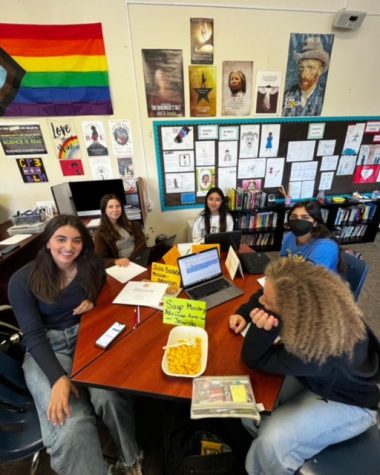
With the power of an official class, there is lots of room for change and growth.
“Last year the school board voted to have DEI conversations in classes but there wasn’t very much guidance. I think my goal for this year would be to provide guidance to teachers to help students navigate these conversations in their classes when they do happen,” Kothari said.
This will be the first year the program is open to mentoring middle schoolers.
“With middle school, you actually have to get deep with them and they’re old enough to think about this with them. I think that’s when the real work is going to be happening because that’s when I was most confused about my identity” senior Sofia Prieto-Black said.
Prieto-Black also joined the program this year because she wanted to work with kids in a different light.
“I want to help little students who are looking towards older people see themselves represented in the community,” she said. “I want to help them no longer feel ashamed of who they are.”
Both Ford and Prieto-Black hope to become role models for their mentees.
Takazawa said the class is expanding to help an even more diverse community.
“We’ve expanded to have gender expansive and neuro diverse mentors which is very exciting because I know we have a lot of younger students that would benefit from having those types of models,” she said.
Senior Seb Ford is a new member in the class this year. He discovered the course from the weekly newsletter and wanted to join immediately. Ford elaborated on why he decided to join the class.
“I want to be a resource for the kids to help explore their identity and ask questions that usually don’t really get good answers for both race and gender,” Ford said.
After three years in the program, Kothari added that she has gotten a lot out of the program.
“I’ve gained a family, I’ve gained a lot of knowledge when it comes to how to have race conversations, I’ve even learned a lot about who I am as a person and what my own identity is,” she said. “We might be a small class but the work we do is ten times more important.”
